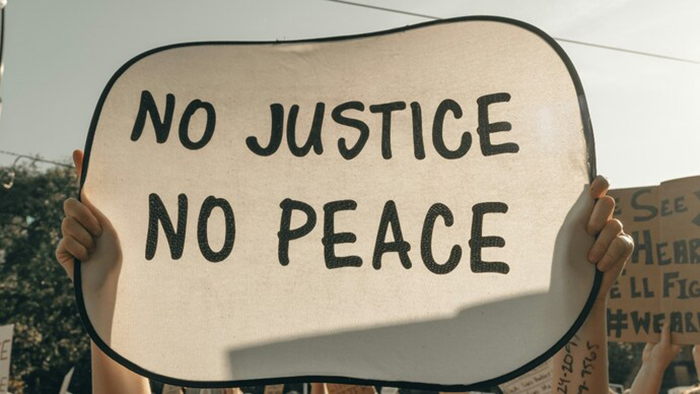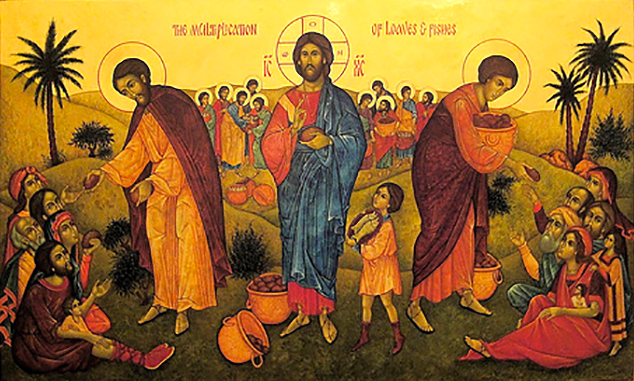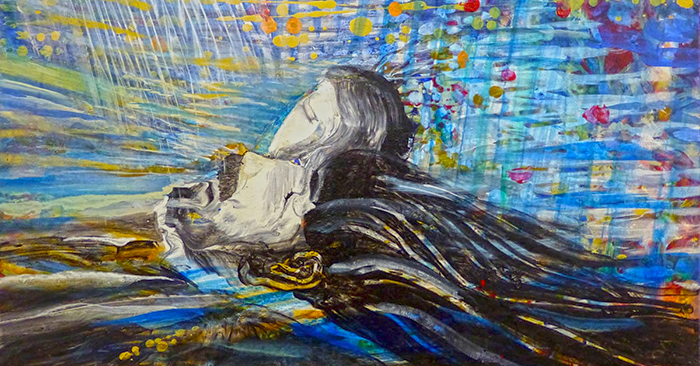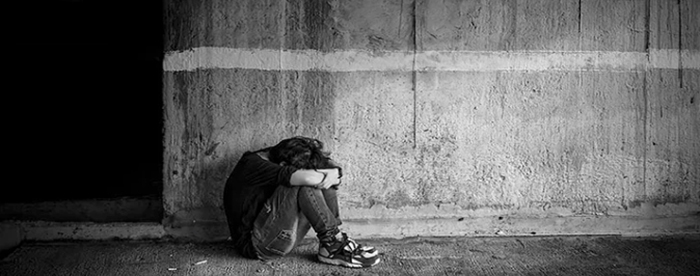
Luke’s Sermon on the Plain emphasizes a strong focus on social justice and caring for the marginalized, with Jesus directly addressing the poor and hungry, declaring their “blessedness” and highlighting the need to actively love and serve those on the fringes of society, rather than just focusing on personal spiritual practices alone; essentially, it’s a call to action for tangible change in the world, not just inward reflection. Fr. Ron Rolheiser writes that in the past, because we knew less, it was possible to be good and saintly and less involved in social justice, despite the fact that scripture and Christ’s explicit teaching make the call to justice just as non-negotiable as the call to prayer and private morality. Today we know more, not just because modern communications daily shows us the victims of injustice on our television screens and in our newspapers, but also, and especially, because we are less sociologically naive. Put positively, this lack of naivete means that we understand better how social systems affect us, both for good and for bad … and social justice is really about how systems affect us, especially adversely. It is very important that this be understood. Although they interpenetrate each other and depend upon each other, social justice and social morality are distinct from private charity and private morality. Private morality is something that, precisely, I do on my own. Other persons might guide me or inspire me, but, in the end, I am moral and charitable at this level on the basis of my own personal goodness and personal actions. Social justice, on the other hand, has to do with the social systems I am part of and participate in. I can be a good person in my private life, churchgoing, prayerful, kind, honest, gentle, and generous in my dealings with others, and still, at the same time, be part of a social, economic, political, and even ecclesial system that is unfair in that it works for the benefit of some at the cost of victimizing others. Issues such as war, poverty, violation of the ecology, feminism, native rights, abortion, and racism (to name just a few) are caused not just, nor indeed any longer primarily, by individual persons acting in bad conscience and doing bad things, but by huge impersonal systems which are inherently unfair and are, to an extent, beyond the control of the individuals who participate in them.









